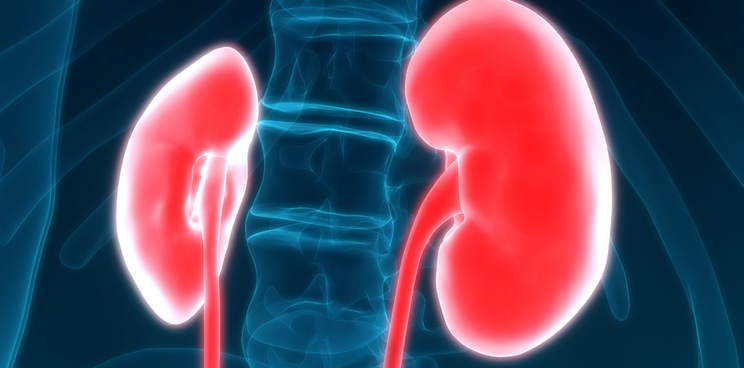French researchers have found that the levels of certain immune cells in the blood of kidney transplant recipients may predict their future risk for transplant rejection.
At present, kidney transplantation is the best treatment for people with end-stage renal disease but introducing a ‘foreign’ organ into someone’s body comes with the risk of rejection by the recipient’s immune system. Immunosuppressive therapies reduce this risk, but can be inefficient for the prevention and treatment of chronic rejection.
Increasing the odds of transplant survival “requires the early identification of at-risk kidney transplant recipients,” Nicolas Degauque, researcher at the Centre of Transplantation and Immunology Research at the University of Nantes, France, told me.
“Early detection is critical to allow the physicians to adapt their standard care by either increasing the frequency of patient monitoring or by introducing new therapeutics adapted to the patient’s own risks.”
Graft rejection is currently assessed using markers of kidney function such as creatine levels and estimated glomerular filtration rate, which indicates how much blood passes through the kidney filter system each minute. The presence of particular types of antibodies in the blood can also predict a worse kidney outcome. However, Degauque explained that these methods are not always accurate.
His team therefore set out to identify better ways to predict kidney graft failure. In a study published in the Journal of the American Society of Nephrology, Degauque and team separated 284 kidney recipients who were one-year post-transplant according to whether they had a high or low risk of failure. They classed the patients according to a diagnostic score previously developed by the team. This score predicted graft rejection with 78% accuracy, which is superior to the conventionally accepted markers of graft failure, according to Degauque.
The team found that patients with a high risk for transplant failure had higher levels of a type of immune cell called TEMRA CD8 T-cells in their blood than those with a low risk. They also found that these cells play a major role in initiating multiple immune-related processes that lead to kidney transplant failure, but Degauque advised caution in making the assumption that these cells cause graft failure because this has not yet been proven.
TEMRA CD8 T cells could now be a target for new treatment and prevention, Degauque and colleagues suggest in their paper.
By reducing the likelihood of kidney transplant rejection, researchers and companies in Europe are working to alleviate the ongoing transplant organ shortage and let patients stay off dialysis for longer. For example, a research group at the University of Vienna has identified genetic markers that could improve how well-matched kidney donors and recipients are.
Companies working in the field of kidney transplant rejection include Biohope, which are developing techniques to create personalized immunosuppressant treatments, and Hansa Biopharma, which is applying for the FDA’s conditional approval of a drug that can desensitize the immune system of transplant patients.
Image from Shutterstock





